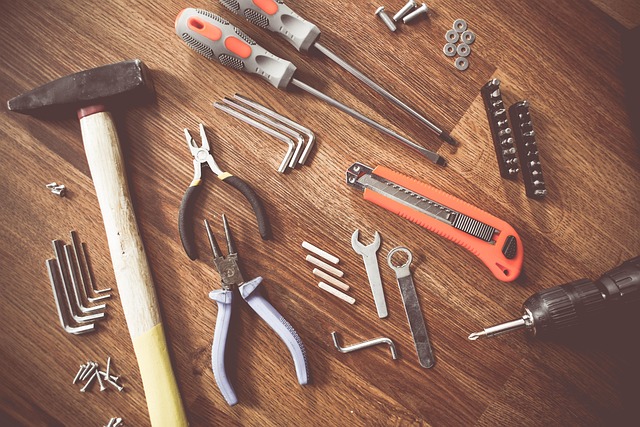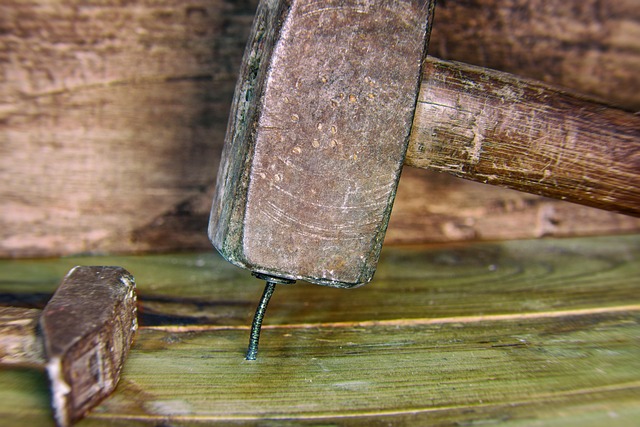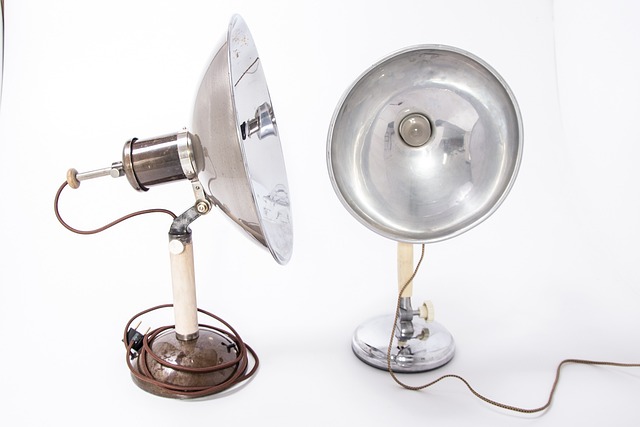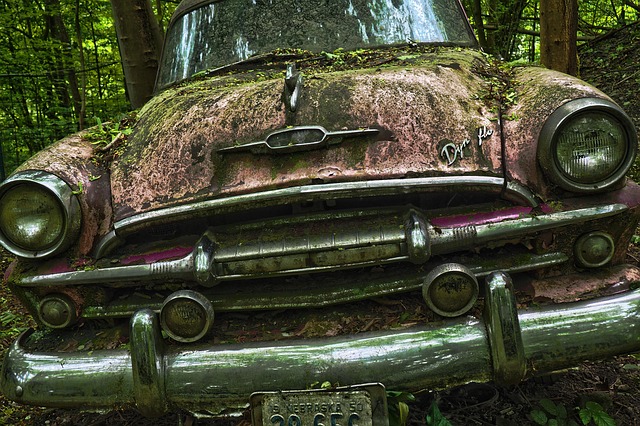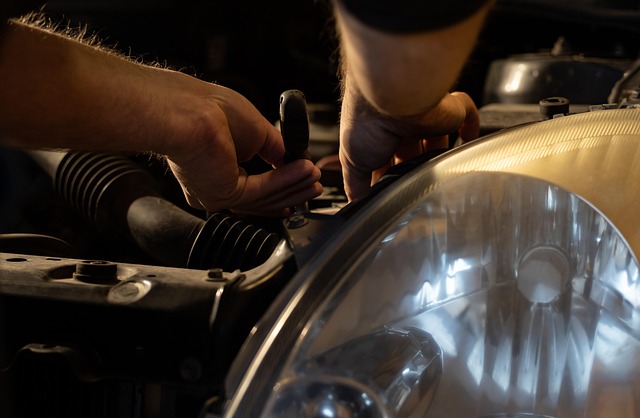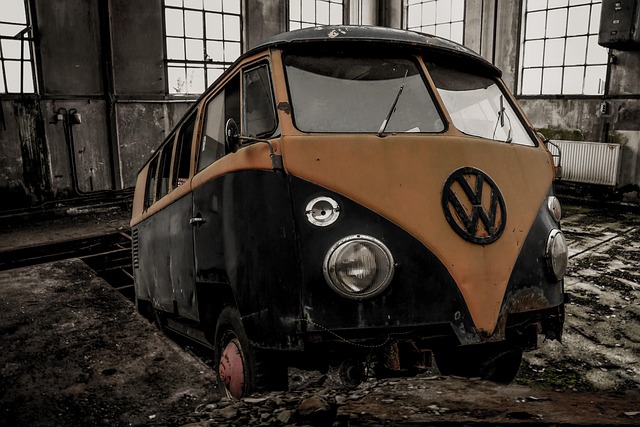The recent surge in diesel truck popularity across various industries has led to a higher demand for specialized diesel truck collision repair services, driven by their robust construction, complex components, and unique systems. Traditional auto body shops face challenges like damage to undercarries, frame distortions, and potential fuel system leaks, requiring specialized auto frame repair techniques and knowledge. The industry has evolved with innovative car dent repair methods and tools tailored for diesel trucks, especially electric and hybrid models. This trend necessitates skilled technicians capable of addressing both visible and internal issues, ensuring collision repair maintains the truck's performance and efficiency.
The rise of diesel trucks has reshaped the automotive landscape, and their increasing popularity poses unique challenges for collision repair. Diesel engine structures often differ significantly from gasoline counterparts, demanding specialized skills and advanced equipment for effective repairs. This article delves into how technology, specifically computer-aided design (CAD) and 3D scanning, has revolutionized diesel truck collision repair. We explore the industry’s evolving standards, focusing on enhanced safety, efficiency, and sustainability as a result of these transformative changes.
- The Rise of Diesel Trucks and Their Unique Repair Challenges
- – Exploring the growth of diesel truck popularity
- – Uniqueness of diesel engine structure & complexities in collisions
The Rise of Diesel Trucks and Their Unique Repair Challenges
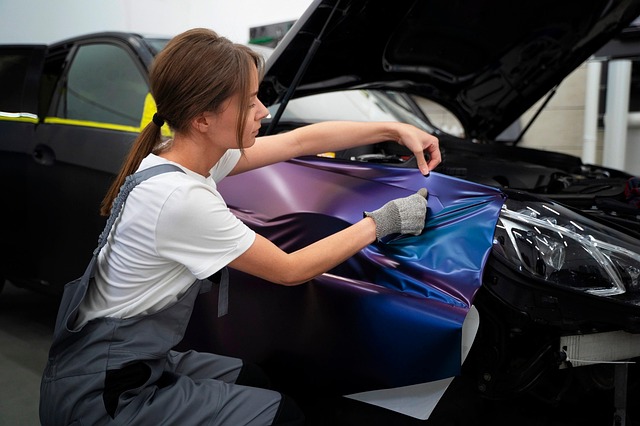
In recent years, diesel trucks have experienced a surge in popularity across various industries due to their superior power, efficiency, and reduced environmental impact. This shift has significantly transformed the transportation and logistics sectors, leading to an increase in diesel truck usage on highways and urban roads. As a result, the demand for reliable and specialized diesel truck collision repair services has skyrocketed. These robust vehicles present unique challenges when involved in collisions; their heavy-duty construction and complex components require highly skilled technicians and advanced equipment. Unlike conventional cars, diesel trucks often have specialized systems like fuel tanks, exhaust pipes, and powerful engines that demand meticulous care during the collision repair services process to ensure safety and optimal performance.
The unique nature of these vehicles poses several challenges for traditional auto body shops. Common issues include damage to undercarries, frame distortions, and potential leaks in fuel systems, requiring specialized auto frame repair techniques and knowledge. Moreover, with the rise of electric and hybrid diesel trucks, repairs have become even more complex, necessitating a deeper understanding of integrated electrical systems. This evolution has pushed the industry to adapt, fostering innovation in car dent repair methods and tools specifically tailored for these powerful machines.
– Exploring the growth of diesel truck popularity
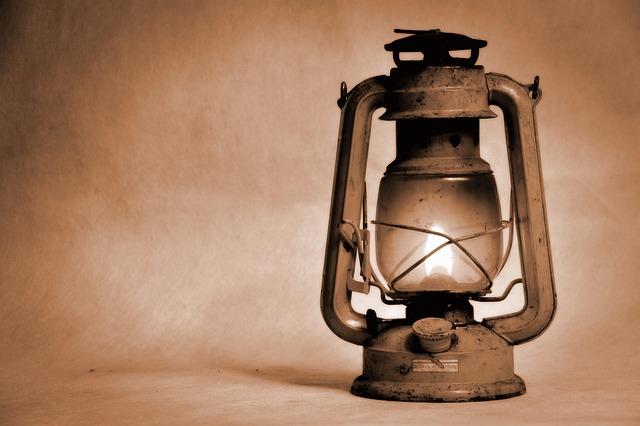
In recent years, the diesel truck has emerged as a dominant force on the roads, transforming various industries and redefining mobility. This surge in popularity can be attributed to several factors: the superior fuel efficiency and torque of diesel engines, making them ideal for heavy-duty applications; the growing demand for long-haul transportation and construction projects; and the environmental concerns driving a shift towards cleaner burning fuels. As a result, the number of diesel trucks on the road has skyrocketed, leading to an increased need for specialized services—notably, diesel truck collision repair.
The rise in diesel truck ownership has put immense pressure on traditional collision repair centers, prompting them to adapt and evolve. Auto frame repair and vehicle body repair experts have had to acquire new skills and invest in advanced equipment to handle the unique challenges posed by these robust machines. This transformation has not only enhanced the capabilities of collision repair centers but also set new standards for safety and quality in the industry.
– Uniqueness of diesel engine structure & complexities in collisions

The distinct structure and complexities inherent in diesel engines set them apart from their gasoline counterparts, introducing unique challenges when it comes to collision repair. Diesel trucks, with their robust construction designed for longevity and power, often endure significant damage in accidents due to the weight and force involved. The engine’s heavy-duty nature means that even minor collisions can result in complex repairs, requiring specialized knowledge and equipment.
When a diesel truck is involved in a car collision repair, the process becomes more intricate. The auto body shop must carefully assess and disassemble components, addressing not only visible damage but also potential internal issues. Unlike conventional cars, where engine compartments are often more accessible, diesel trucks often have compact designs, making precise repairs a delicate task. This calls for experienced technicians who understand the intricacies of these engines, ensuring that the repair process not only restores functionality but also maintains the truck’s overall performance and efficiency.
The rise of diesel trucks has significantly shaped the automotive industry, and their unique repair challenges have driven innovation in diesel truck collision repair. The complex structure and specialized components of these vehicles require advanced techniques and a deep understanding of diesel engine mechanics. As the demand for diesel trucks continues to grow, so does the need for skilled technicians and specialized facilities equipped to handle these intricate repairs. This evolution has not only transformed the industry but also enhanced safety and performance standards for all road users.
